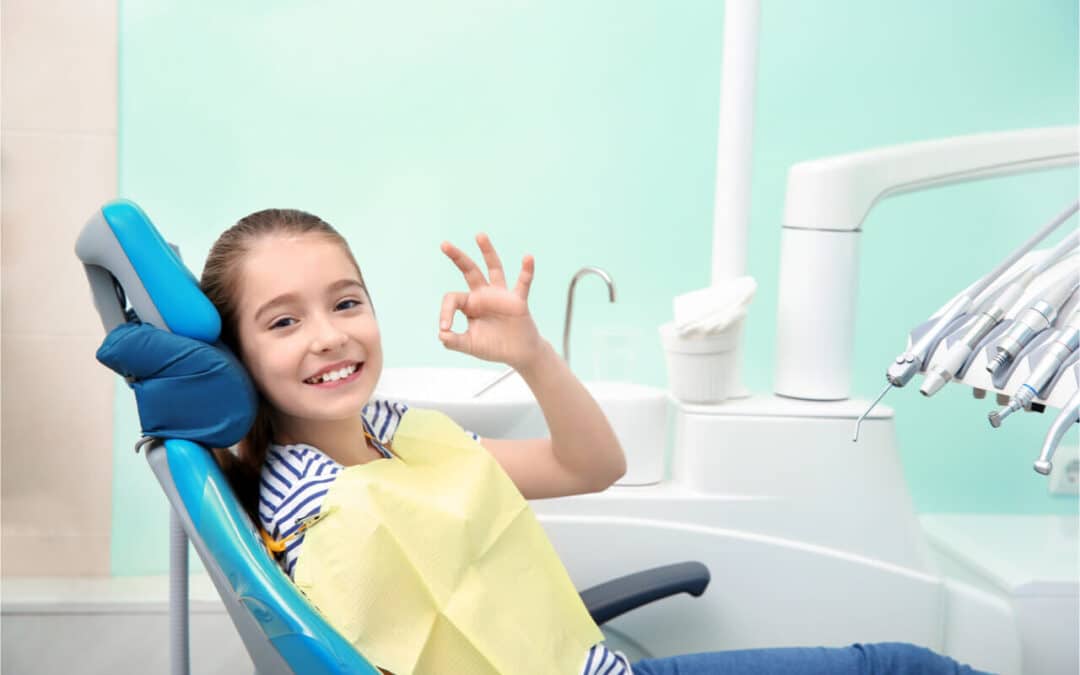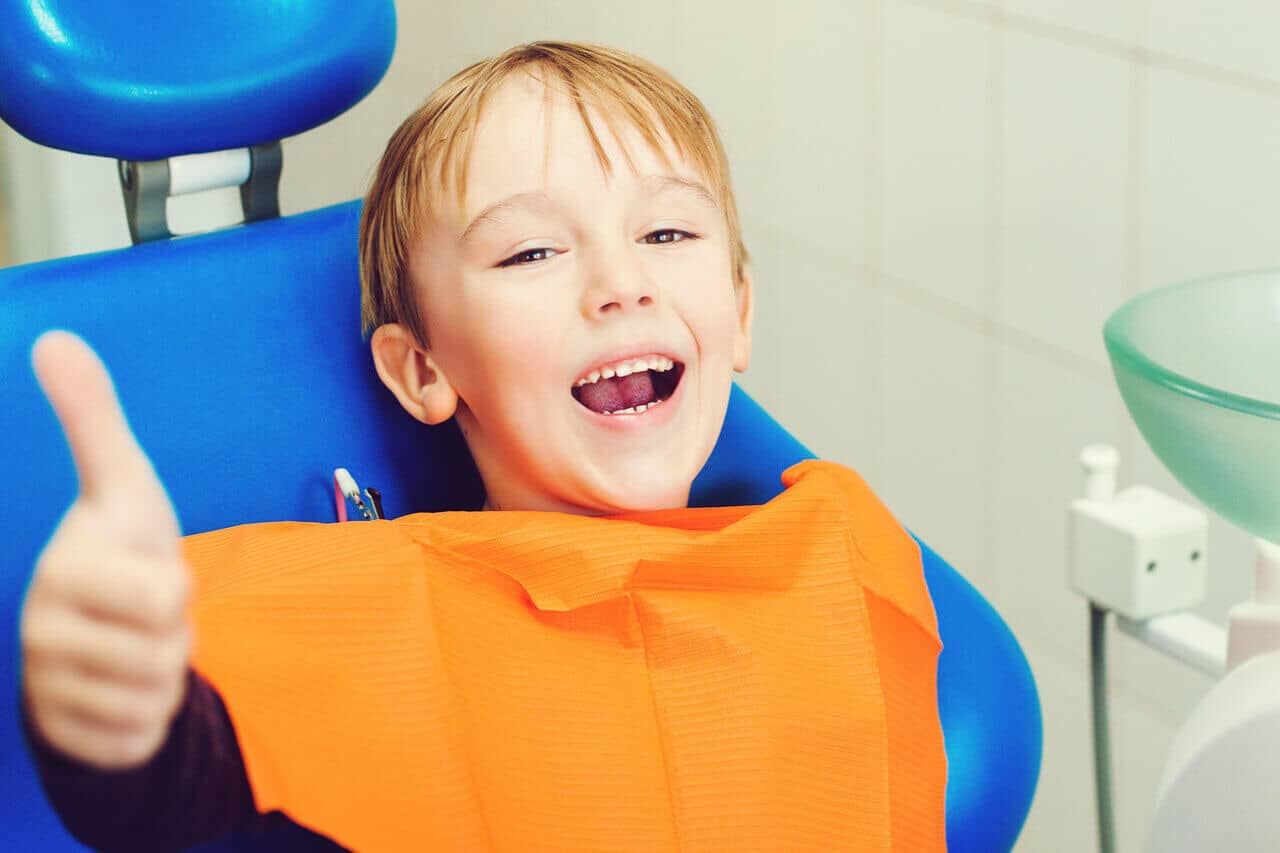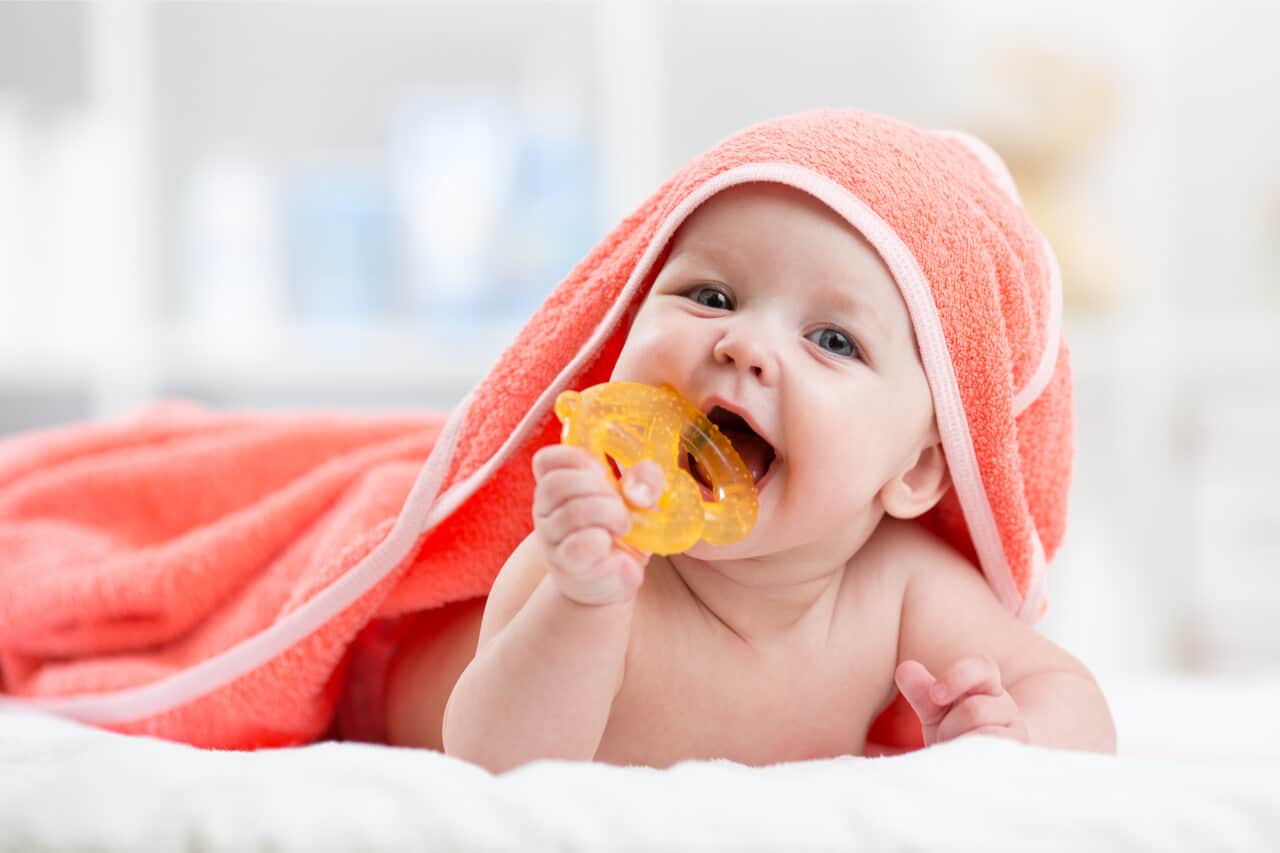It is not uncommon to see a kid with no teeth. When a child finally gets their first tooth, it seems like it is all downhill from there. Kids lose their teeth so fast that some do not even make it to kidhood. This article will show you how essential dentists are in a kid’s life and how we can prevent them from prematurely losing their teeth!
What Is a Kid With no Teeth Like
In some parts of the world, children have been found to lose their baby teeth as early as two years old. This is often due to a lack of dental care and proper nutrition. Without teeth, kids can have difficulty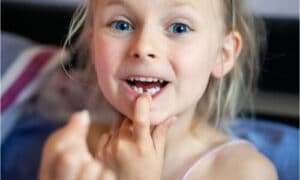 eating correctly. They may not get the nutrients they need to grow and develop normally. If your kid has no teeth, it is essential to take them to see the dentist as soon as their first erupted tooth appears. This will help to prevent them from prematurely losing their teeth.
eating correctly. They may not get the nutrients they need to grow and develop normally. If your kid has no teeth, it is essential to take them to see the dentist as soon as their first erupted tooth appears. This will help to prevent them from prematurely losing their teeth.
The Difference Between Baby Teeth and Permanent Teeth
Baby teeth are essential for several reasons. They help children chew and speak correctly, and they act as placeholders for the adult tooth. Most importantly, baby teeth allow kids to eat a variety of necessary foods for their growth and development. If a kid loses a primary tooth too early, it can cause problems with the permanent tooth that comes in behind it. If a kid loses a baby tooth too early, the permanent teeth might come in crooked or have gaps between them because there is nothing to replace the missing baby tooth.
We call the time when a kid loses their first premolar tooth “eruption,” and we use this chart to track how kids erupt their teeth. Because kids premolars are the last of their baby teeth to erupt, you might not notice that kid is losing these teeth until it is too late. Your kid will let you know that they are experiencing discomfort when the permanent premolar teeth try to come in behind them. Some kids can handle this, but others need our help.
What Causes Delays in Tooth Eruption?
There can be many reasons why a child’s teeth may take longer to erupt. Some of these reasons include:
Poor nutrition
If a child is not getting the proper nutrients, their teeth may take longer to erupt. The teeth need the right minerals to grow and develop properly. Some of the most critical minerals for teeth are calcium and phosphorus. If a child is not getting enough of these minerals from their diet, their teeth may be more prone to developing cavities.
Gastrointestinal disease
Diseases like celiac disease and cystic fibrosis can delay tooth eruption. When a child has one of these diseases, their body cannot absorb nutrients properly. Usually, this will result in the child having poor growth and development. However, if the disease is severe enough, it can also delay tooth eruption.
Hormonal abnormalities
Suppose a child has an endocrine disorder such as Cushing syndrome, hypothyroidism, or growth hormone disorders. In that case, they may have delayed tooth eruption. These conditions work by increasing or decreasing the number of hormones in the child’s body. This can have a direct impact on how the teeth grow and develop.
Environmental factors
Some environmental factors can also delay tooth eruption. One of these is fluoride exposure. If a child is exposed to too much fluoride, it can cause their teeth to erupt later than usual. Another environmental factor that can cause delays is radiation exposure. If a child is exposed to radiation therapy for cancer, it can delay tooth eruption.
Furthermore, other children are born with congenitally missing teeth. This condition affects both primary teeth and permanent teeth. In fact, the most common congenitally missing teeth are upper lateral incisors, second premolars and wisdom teeth.
What To Do?
Parents can do a few things to help their child’s teeth erupt on time. The most important thing is to ensure that the child has a healthy diet. This means they are getting the right amounts of essential minerals like calcium and phosphorus. It is also essential for parents to make sure that their child is brushing their teeth twice a day and flossing. Parents should also take the child to see a dentist as soon as possible to begin to maintain the child’s oral health. If a child does not have any teeth, it is essential to see a dentist as soon as possible. This is because there may be an issue with the child’s oral health that needs to be addressed. The dentist can address this issue and help kids retain primary teeth for better dental development.
When Permanent Teeth Never Come
In some cases, a child’s permanent teeth never come in at all. This is called dental agenesis, and it can lead to several dental problems down the road if left untreated. One of the most common problems associated with this condition is that the kid will prematurely lose their teeth. When the adult teeth never come in, the baby teeth are left to do all the work. And since these teeth are not as strong as permanent teeth, they can easily be knocked out or decay. So it is crucial that if you notice your child has not yet erupted their permanent teeth, you take them to see a dentist as soon as possible. The dentist may take some dental x rays to know if treatment is necessary. And, if so, they will recommend the best course of action.
Prevention
Parents need to take their children to the dentist as soon as their first erupted tooth appears. Without regular dental check-ups and cleanings, kids are more likely to lose their teeth prematurely. There are several things parents can do to help prevent oral problems in their children:
1. Make sure your child is brushing at least twice a day.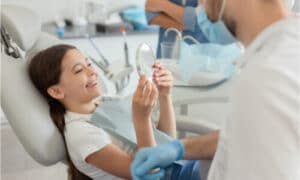
2. Brush your child’s teeth after they go to bed so that the fluoride from their toothpaste has time to absorb into their enamel and protect it overnight, especially when you know they won’t be drinking anything with sugar in it.
3. Purchase kid-sized toothbrushes and kid-friendly toothpaste that they will be more likely to use.
4. Limit sugar consumption as much as possible. Too much sugar can cause cavities and other oral health problems.
5. Take your child for regular dental check-ups and cleanings, even if they seem to have no oral problems. Many oral problems can be treated without removing any teeth if caught early.
By following these tips, parents can help their children maintain healthy oral hygiene habits and prevent them from prematurely losing their teeth. A kid with a missing tooth or teeth will have a more challenging time speaking, eating, and smiling confidently. Make sure your child visits the dentist regularly – it is one of the best ways you can help them maintain their oral health as they grow.
Schedule Your Dental Visit Today!
By visiting the dentist early, your child can learn to properly care for their teeth and gums. Children who are not taught this lesson often lose their first tooth prematurely because they don’t know what to do with it! The end of a baby’s life is precious – let’s make sure that we get them off on the right foot by teaching them about dental hygiene at an early age. At Dentist Norwest, we want you to feel confident in our ability to provide excellent oral health services for your child and your family. Visit us, or feel free to call us at (02) 9159 3783 today!
References:
https://www.sciencedirect.com/science/article/abs/pii/S088954060400530X
https://www.hopkinsmedicine.org/health/conditions-and-diseases/growth-hormone-deficiency

